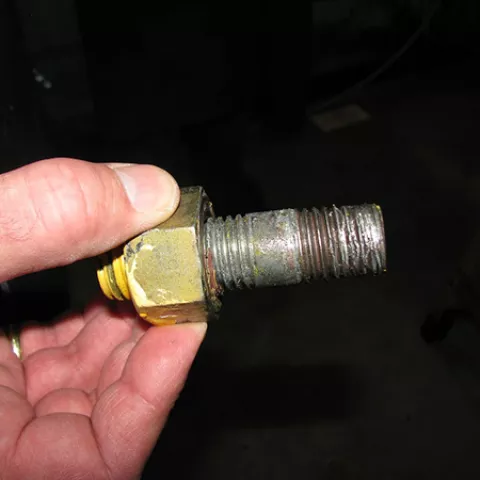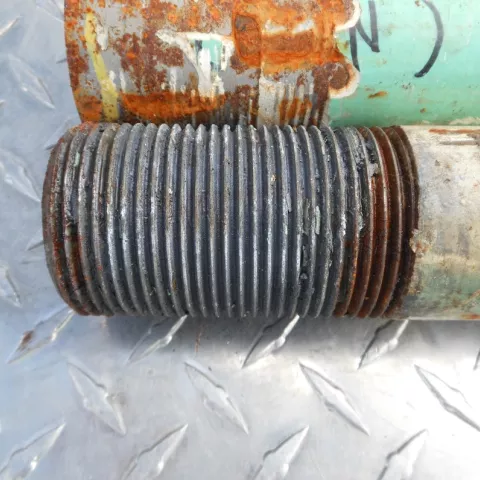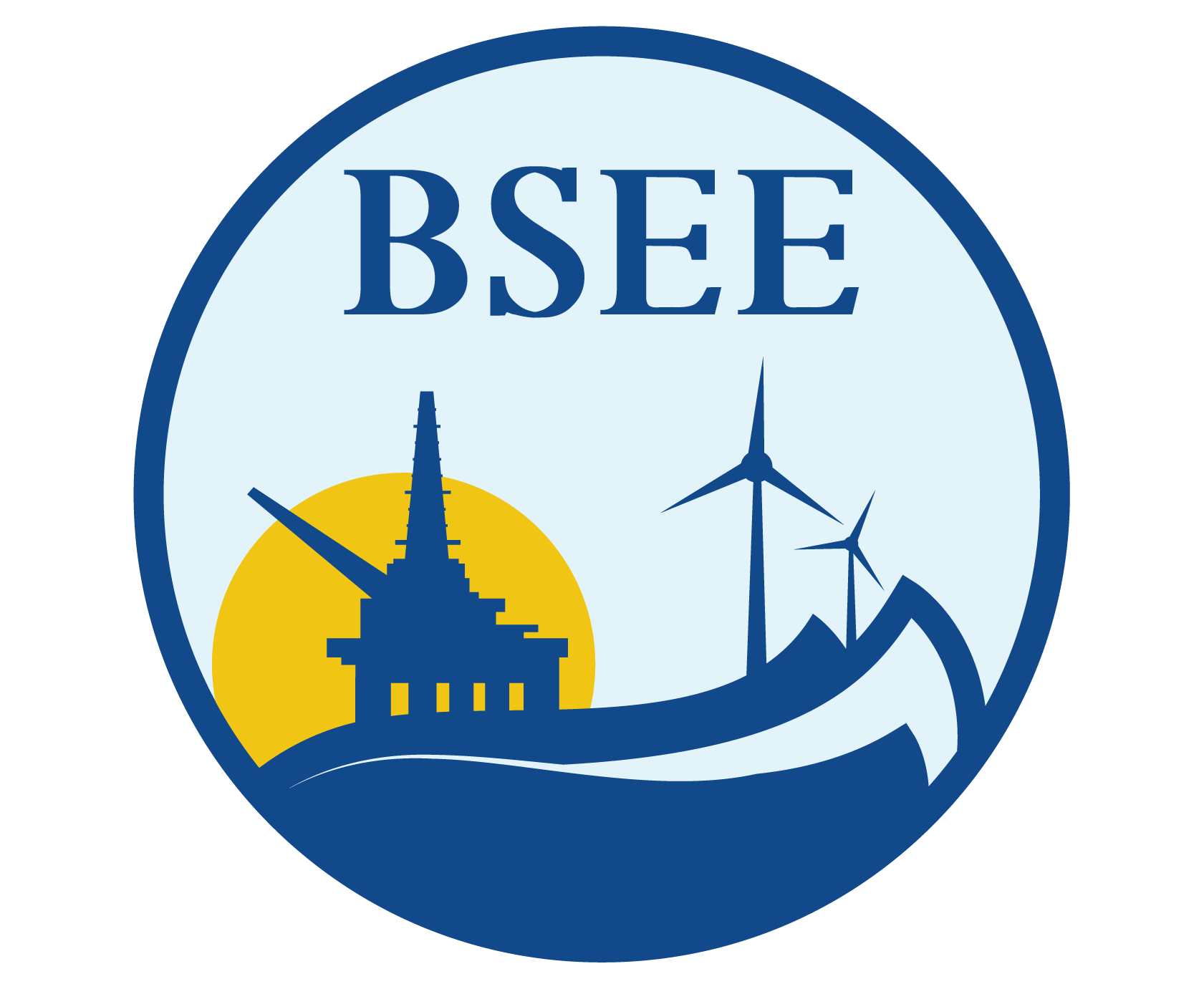When BSEE determines a piece of equipment or system doesn’t perform safely offshore, technical staff from the Systems Reliability Section (SRS) collaborates with operators, industry professionals, and subject-matter experts to conduct and/or oversee challenging technical equipment evaluations. The section assesses fitness for service, or/and the root causes of incidents and near-miss events.
Under the Emerging Technology Branch, the Systems Reliability Section (SRS) observes and oversees quality-assurance and quality-control testing of offshore equipment. BSEE assembles a team of experts for the study, the Quality Control-Failure Incident Team (QC-FIT).
SRS utilizes findings to recommend/support program and policy changes. SRS findings are shared with the public to ensure broader industry learning. Examples of areas that may be impacted by SRS findings include:
Notices to Lessees and Operators (NTLs), Regulations, Policies, Procedures – SRS recommends changes to BSEE policy, procedures, NTLs and/or regulations that promote continuous improvement in offshore oil and gas operations.
Industry Standards - SRS recommends changes, improvements, requirements to industry standards promoting Quality Assurance and Quality Control improvements of equipment or systems manufacture, performance, reliability and safe operation.
Safety Alerts - When applicable, SRS recommends Safety Alerts to address QC-FIT findings.
Best and Available and Safest Technology (BAST) – SRS recommends improvements for the use of best available and safest technology (BAST) in accordance with OCSLA during all phases of renewable and offshore oil and gas operations on the OCS.
Research – SRS recommends applied research studies for improvements.
Root Cause Analysis

A critical part of the SRS mission is to determine the root cause of component and equipment failures, and identifies quality-assurance and quality-control issues, which may contribute process safety events, and near-misses incidents during offshore renewable and drilling and production operations.
These QC-FIT technical evaluations are separate and distinct from BSEE’s District Form 2010 Incident Investigations, or regional panel investigations, which focus primarily on field operational procedures, regulatory compliance, plans, and permits. Instead, QC-FIT evaluations may recommend a need for further applied technology study to address quality-assurance, quality-control, and performance-reliability concerns of new equipment or technology. For example, some equipment used offshore was not available or existing when the initial industry standards and/or regulations were created, and the QC-FIT team examines these equipment and manufactured parts to identify indications that the equipment isn’t "fit for service," or to identify a critical gaps in the standard or regulation. In this case, the team may recommend a revision to an existing rule, or the creation of a new industry standard, or manufacture and performance requirement.
Life Cycle Evaluations

SRS supports safety offshore is through SRS life-cycle evaluations, focusing on the independent validation and verification of manufacturer’s recommendations and system-user requirements. The SRS has associations with independent-third parties, certified verification agents, classification societies, academia, and national or private laboratories. The SRS makes recommendations based on the findings of these evaluations, and when appropriate, BSEE may initiate standards-development work, conduct further applied research studies, and direct other improvements.
Findings may be integrated into the Bureau’s regulatory program, as part of a new, modified existing requirement, development and subsequent consensus-based standard. Regulatory programs may include regulations, Notices to Lessees and Operators, permitting approval conditions. Findings considered for adoption are those which improve the overall safety, reliability, and performance of offshore equipment or protect and conserve environmental resources during offshore oil and gas or renewable operations.
Interagency Bolt Action Team (IBAT)
The SRS discovered several failures throughout the oil and gas industry relating to subsea bolting failures, particularly on the subsea blowout preventers (BOP). This is a critical piece of equipment and therefore was a major concern for BSEE.
In response to these failures the Interagency Bolt Action Team (IBAT) was formed by BSEE to bring together subject matter experts (SMEs) from different industries to combine knowledge on bolting failures and develop best practices across all industries on bolting manufacturing and use.
To find out more information, visit the Interagency Bolt Action Team (IBAT) page.
SRS team members serve as subject matter experts (SME) and Contracting Officer Representatives (CORs) for Technical Proposal Evaluation Committees (TPEC) for TAP research contracts in areas such as:
- Materials and corrosion
- Well control operations and equipment
- Renewable technologies
- Process safety risk assessments
- Life extension operations
- Extreme environmental conditions
- Subsea fastener
- BAST related equipment and technologies
- High Temperature High Pressure (HPHT) material and equipment evaluations
- Liner and casing seals
- Cementing
Learn more about current TAP research.
Standards
SRS team members engage with industry standards organizations to help improve safety, equipment reliability, and environmental protection in the OCS. SRS staff are active in numerous committee organizations such as American Petroleum Institute (API) , American Society of Mechanical Engineers (ASME) , American National Standards Institute (ANSI), , American Society for Testing and Materials (ASTM), National Association of Corrosion Engineers (NACE) , American Welding Society (AWS) , etc. The SRS participation is one way the Agency remains apprised of changes in technology and the environment that it is utilized and may lead to early identification of changes or concerns with manufacturing, processing, design and requirements, equipment performance, and optimal material design requirements for OCS equipment as well as addressing subjects such as fit-for-service considerations and impact of the operational environment.
The SRS engagement with standard organizations supports the Regulations and Standards Branch (RSB) by serving, when required, as a BSEE SME representatives on standard organization committees for topics related to renewables and oil and gas operations. SRS staff provides reviews and technical comments, as needed, for standard documents.
Learn more about how BSEE uses Standards.
